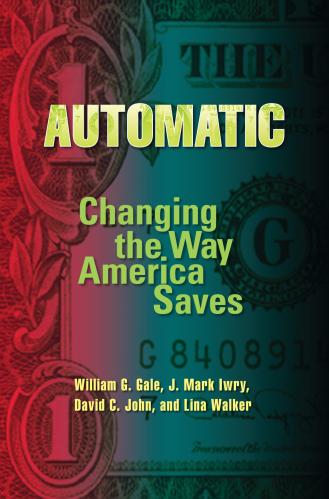Abstract
The essential idea is to show how norms can emerge spontaneously at the social level from the decentralized interactions of many individuals that cumulate over time into a set of social expectations. Due to the self-reinforcing nature of the process, these expectations tend to perpetuate themselves for long periods of time, even though they may have arisen from purely random events and have no a priori justification. We show that social expectations gravitate to one of three conditions: i) an equity norm in which property is shared equally among claimants, and there are no “class” distinctions; ii) a discriminatory norm in which the claimants get different amounts based on observable characteristics that have become socially salient (but are fundamentally irrelevant); and iii) fractious states in which norms of distribution have failed to coalesce, resulting in constant disputes and missed opportunities.
The working papers represent drafts that have been internally reviewed but are not official publications of the Institution.








